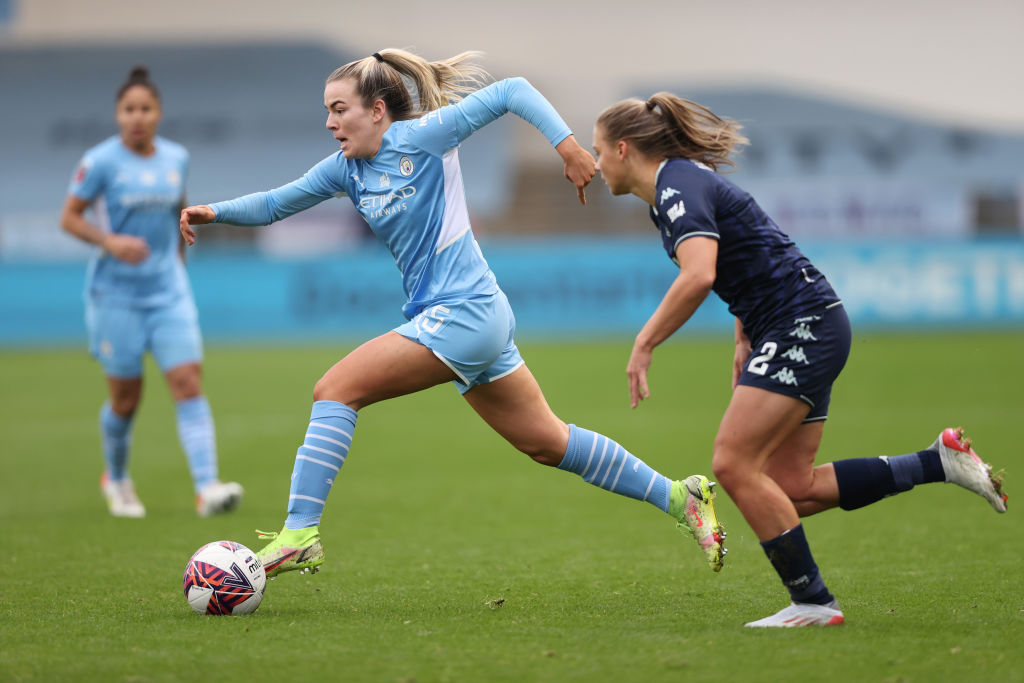All change in Africa in two amazing years since the last Cup of Nations
Welcome to our new ACoN section. To begin with, Jonathan Fadugba â Editor of Just-Football.com (and chief correspondent for FFT.com's United States of Africa) â looks at the recent past and immediate future of African footballâ¦
When Danny Jordaan, chief executive of the 2010 World Cup organising committee, spoke to the world's media just days before the start of the tournament in South Africa, he did so with the exhausted yet satisfied glow of a man about to witness successful fruition of a turbulent 16-year journey. "It will be a moment to cherish but, also, a moment to remember our past," he stated.
Nineteen months later, the time has come to savour another marker in the sand of African football's picturesque landscape â the 28th edition of the African Cup of Nations. The party moves some 700 miles north this year, from Luanda to Libreville, as the continent's undisputed sporting showpiece treads new ground in Gabon and Equatorial Guinea, following on from Angola 2010.
Before considering ACoN 2012, with all the intrigue and excitement it promises, a moment to reflect. Jordaan's words strike a chord on the eve of this Cup of Nations: in the two years between Ahmed Hassan triumphantly hoisting Egypt's third consecutive trophy in Luanda and the current final preparations from Malabo to Franceville, African football has lived through a kaleidoscope of emotions.
Those 24 months have brought tragedy, triumph, success, failure, growth, development and widespread upheaval â both sporting and political. And although it's undoubtedly simplistic to generalise about a uniformity of emotions across a continent comprising more than 50 nations, the Pan-African sense of unity and spirit â exemplified at the World Cup through South Africa's post-elimination 'BaGhana BaGhana' support â does suggest at least a semblance of collective conscience where football is concerned.
In two short years the face of African football has changed. At the start of 2010, eager smiles turned to despair and heartbreak after bullets rained down on the Togo national team bus making its way to the tournament, a terrorist attack that left three dead and the world in shock. Egypt's record third consecutive crown broke new boundaries, but as an event the tournament was permanently scarred. Prominent figures questioned with renewed conviction the sagacity of an African World Cup.
Tragedy in Angola was followed months later by triumph in South Africa with the eminently successful staging of World Cup 2010, a defiant poke in the eye for the naysayers and curmudgeons that thought Africa incapable of such feats (Uli Hoeness, I'm looking at you). On the pitch, Ghana's emergence as a modern international power was a mere crossbar's coat of paint away from being confirmed by history.
Get FourFourTwo Newsletter
The best features, fun and footballing quizzes, straight to your inbox every week.
Rightly or wrongly, World Cup 2010 saw the maturation of a continent in the eyes of the world in terms of organisational ability, esteem and respect. Before it, Africa was considered untrustworthy, an unnecessary risk. After it, the "doubters became believers" according to Jordaan. FIFA secretary general Jerome Valcke claimed South Africa would be "Plan B" for future World Cups. Many try to count legacy in dollars and cents, but the psychological impact, the global shift in perception, was priceless.
Job done: Fans leave Soccer City after the World Cup final
From there, the warm glow of a job well done transformed to the white hot sear of revolution. Although it's not possible to prove a direct link between Northern Africa's political uprising and revolutionary regime changes and the concurrent crumbling of African football's traditional order, but the manner in which the two coincided displayed a certain neat symmetry. The potential emergence of new footballing powers and the ominous absence of fallen kings, gazing on solemnly from the shadows, are sure to be consistent memes as affairs in Gabon and Equatorial Guinea unfold.
African football has always possessed a certain charm. From the touring "wizards in bare feet" that captured English imaginations in the late 1940s to the larger-than-life multi-millionaire stars dazzling crowds globally today, Africa has always been seen â and to a certain extent seen itselfâ through the prism of its football. The game that causes "young men to faint, holy men to swear and strong men to become impotent for a day," as Nigerian sports writer Samuel Akpabot once put it, continues to do so, as a competition that pre-dates the European Championships embarks on its latest unpredictable chapter.
To begin, on Saturday the co-hosts Equatorial Guinea meet Libya â as unfathomably barmy an opening game as you could imagine, completely indicative of the fluctuating state of African football. Is it a sign of progress or regress? Has the talent pool widened or drained? Are these the hallmarks of a brave new world or warning signs of a desperately mediocre one?
It is the unanswered questions that lend football its captivating beauty. Is this finally Ghana's year? Who are the emerging powers? Does the absence of Nigeria, Cameroon and holders Egypt represent a permanent shattering of the status quo or a temporary blip? How will Gabon and Equatorial Guinea fare as hosts? Is it last chance saloon for Ivory Coast's golden generation? How many strikers can Senegal actually field at one time? Will Demba Ba score more goals than he drinks bottles of syrup?
The answers will come. The past two years have been memorable; the future is to be cherished.
Follow the Cup with FourFourTwo's news, analysis and new ACoN version of Stats Zone â it's all free!
FEATURE, Thu 19 Jan: New teams, new starts, new winner â the most unpredictable ACoN yet â Jonathan Wilson
FEATURE, Thu 19 Jan: Welcome to our football festival â Steven Pienaar
FEATURE, Thu 19 Jan: Crazy bets, naked beardies and animal magic â Jonathan Wilson
